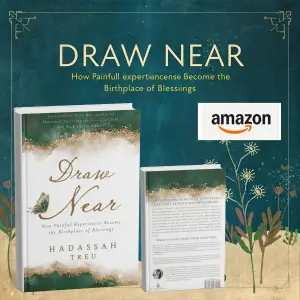A Journey Through History and Emotion: My Thoughts on Pachinko by Min Jin Lee
When I first stumbled upon Pachinko by Min Jin Lee, the title alone intrigued me—it’s a game of chance, a metaphor for life, and a tantalizing promise of insights hidden between its pages. As a lover of rich narratives that weave history and humanity, I felt compelled to explore this epic saga, which immediately drew me in with tales of resilience and identity across generations.
Pachinko tells the multi-generational story of a Korean family facing immense struggles and injustices as they migrate to Japan. Starting in the quaint fishing village of Yeongdo in the late 19th century, we follow Hoonie, whose physical deformities make him an outcast, and eventually his daughter Sunja, whose choices become the fulcrum of the narrative. Lee skillfully captures the intricacies of family dynamics, love, and hardship, painting a complex picture against the backdrop of Korea’s tumultuous history with Japan.
What struck me most about Lee’s writing is her ability to explore profound themes of racism, identity, and dignity with poetic simplicity. Characters like Sunja evolve into symbols of hope and resistance; despite overwhelming odds, they continue to fight for a better life. As I turned the pages, I felt an empathetic connection to Sunja’s journey—from her naive romantic entanglement with the affluent Koh Hansu to her poignant decision to marry a sickly pastor to secure her child’s future. This choice encapsulates both desperation and strength, highlighting the often painful intersection of love and survival.
Lee’s narrative style flows beautifully, intertwining the lives of her large ensemble cast with seamless transitions. The pacing invites readers to linger on pivotal moments, fostering a deep emotional investment in their stories. I was particularly taken by the moments of quiet resilience, like the family’s small acts of defiance against a backdrop of societal prejudice.
One standout quotation that resonated with me was Sunja’s reflection on the nature of existence—"In the end, all you have is your family. That’s where loyalty lies." This encapsulates the heart of Pachinko: family, in all its complexities, is the thread that binds us and shapes our destinies.
I believe readers who appreciate historical fiction enriched with cultural depth will be thoroughly captivated by Pachinko. It’s a poignant reminder of the struggles faced by many immigrant families, and the resilience that often blooms in the harshest of circumstances. The emotional weight of the narrative lingers long after the last page is turned, leaving a profound impact on one’s perspective on history, identity, and the relentless pursuit of belonging.
In closing, Pachinko is not just a book; it’s an experience—an invitation to reflect on the human spirit’s indefatigable will to rise above adversity. I found myself both heartbroken and uplifted, a duality that stays with me. If you’re ready to embark on an emotional journey through history, this tale is one that should not be missed.






